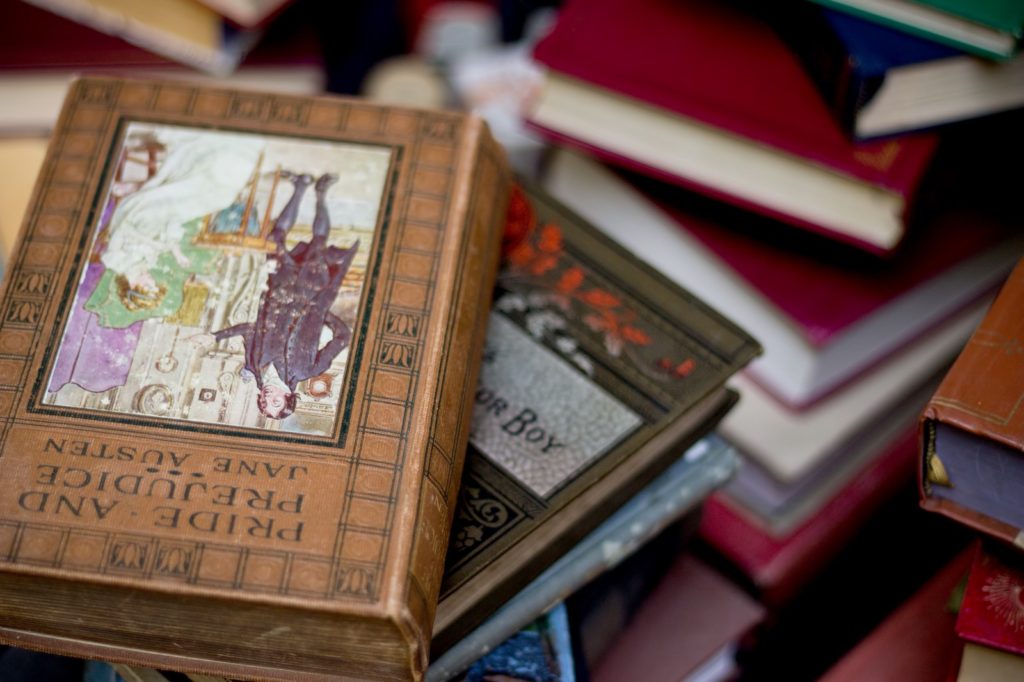JLPT N5 Grammar– category –
-

〜の〜②
N1のN2 N1 no N2 The particle の has various uses. Today you will learn the new use of の. N1(content, detail)のN2 N1 explains what N2 is about. e.g. これはスペイン語です。 N1 N2 kore wa supein go no h... -

〜は〜ですか、〜ですか
~は〜ですか、~ですか You can use the question sentence 〜ですか more than once in a sentence. It is used when you want to ask which is correct. When to answer this question, you can't answer with はい or いいえ. e.g. これはボールペンで... -

これ/それ/あれは〜です
これ kore これ is used when the speaker refers to a thing near himself. それ sore それ is used when the speaker refers to a thing near the listener. あれ are あれ is used when a thing is far from both the speaker and the listener. これ ... -

〜は〜歳(さい)です
~は~歳です ~wa~sai desu The counter for counting age is 歳. e.g. わたしは18歳です。 watashi wa juuhassai desu. I'm 18 years old. ロアンさんは20歳です。 roan san wa hatachi desu. Ms. Loan is 20 years old. 何歳 何歳 is used when ask... -

〜も〜です
〜も〜です ~mo~desu も corresponds with the English words "also" or "too". For example, 田中です。 tanaka san wa nihon jin desu. Mr. Tanaka is Japanese. If Mr. Sato is also Japanese, the sentence in Japanese will be 佐藤です。 satoo san...
12




